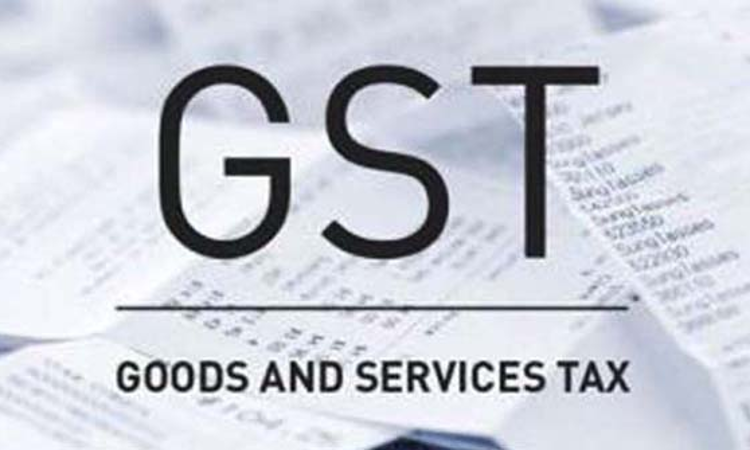Telephonic/Email Communications No Substitute For In-Person Hearing In GST Refund Claims: Bombay High Court
LIVELAW NEWS NETWORK
18 March 2021 11:47 AM IST

"The expression 'opportunity of being heard' is not an expression of empty formality...part of the well-recognized principle of audi alteram partem..the fulcrum of natural justice.."
Next Story


